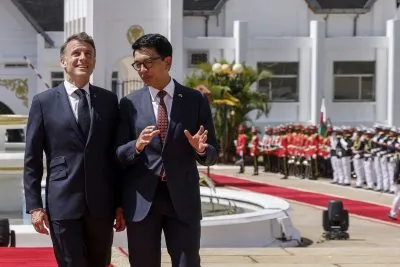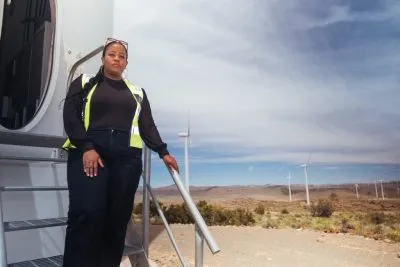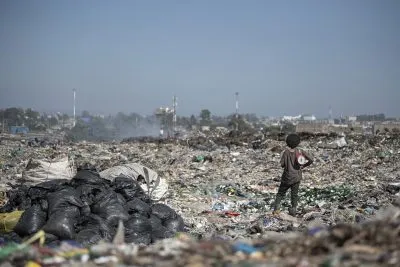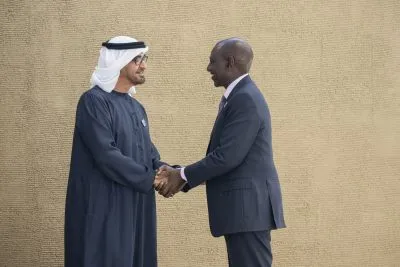Jumbo projects
The jury is out on whether jumbo projects are the best means of satisfying the country’s housing needs. Agreements ranging up into the billions of dollars have been signed between the government of Ghana and Asian investors but progress has been slow and some high-profile deals have been shelved. South Korean firm STX Korea had signed a $1.5bn agreement to construct 30,000 properties for members of the Ghanaian police and military but that contract has now been cancelled.
Housing is normally developed on an ad hoc basis in the country, with prospective home owners in urban areas buying or taking a parcel of land and then building their house on it, either in one go if they have sufficient funds, or in phases over years if not.
Another big deal was signed in October between the government and two construction companies. According to the Ministry of Water Resources, Works and Housing, Brazilian firm Construtora OAS will build 5,000 homes at a cost of $200m, while Ghana’s own Italconstruct International will construct 4,120 units for the same price. A $400m loan to cover this joint low cost housing scheme has been agreed with Barclays Bank and Credit Suisse. This works out at $46,840 per property, which would be a high price tag for low cost housing even in Accra, so it will be interesting to see how much ancillary infrastructure is included in the deal.
In January, the government announced that China’s Huasheng Jiangquan Group had signed a deal to develop an industrial park at Sharma in Western Region on a green field site. Investment of $2bn is planned, with 5,000 jobs expected.
However, few details of the intended tenants have been released, nor the likely sectors to be catered for. However, Sharma is close to the Port of Takoradi, so export-orientated processing and manufacturing companies seem a likely option.
Most construction material is still imported, raising costs still further. Some developers estimate construction costs on average homes at $300 per square foot, which is far higher than most Ghanaian incomes can sustain. However, access to construction materials should improve as a result of the expansion of the GHACEM cement plant in Takoradi. Annual production capacity currently stands at 1.2m tonnes but this is to be ramped up to 2m by the end of this year. The firm’s Tema facility can already produce 2.2m tonnes a year. Yet most plumbing and electrical materials are still imported, so there is a long way to go before construction costs can be substantially reduced.
Want to continue reading? Subscribe today.
You've read all your free articles for this month! Subscribe now to enjoy full access to our content.
Digital Monthly
£8.00 / month
Receive full unlimited access to our articles, opinions, podcasts and more.
Digital Yearly
£70.00 / year
Our best value offer - save £26 and gain access to all of our digital content for an entire year!
 Sign in with Google
Sign in with Google 


